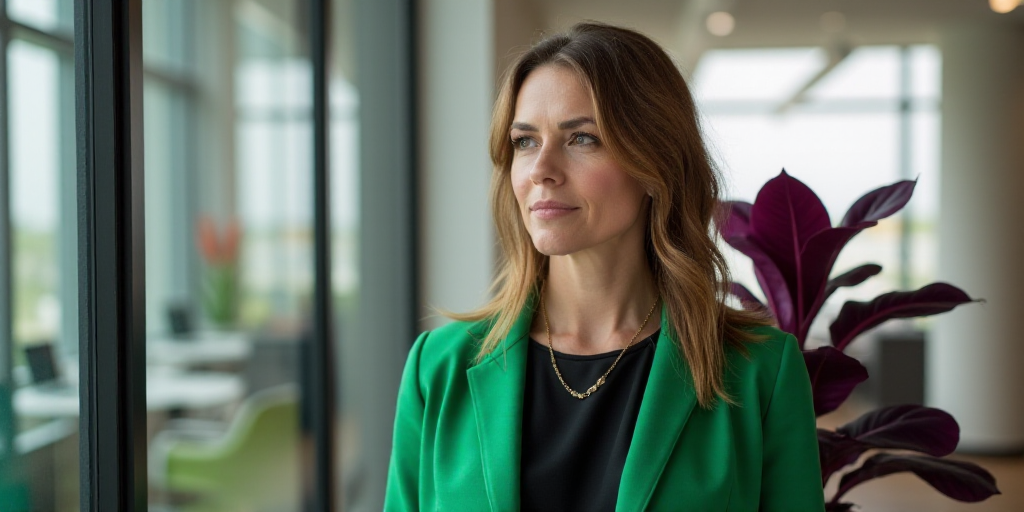Transforming the Pharmaceutical Landscape in Mexico
The pharmaceutical sector in Mexico is undergoing a significant transformation, where sustainability has become an essential strategic pillar rather than just an option. Amidst environmental, social, and economic challenges, companies strive to balance health innovation with responsible practices that create societal value and protect the environment. This is evident in efforts to ensure equitable access to medications, promote inclusive employment, and reduce the environmental footprint in a country facing significant public health challenges.
MSD’s Global Strategy and Local Adaptation
Jennifer Cox, General Manager of MSD Mexico, explains that the company’s global strategy is built on over 130 years of history focused on “using cutting-edge science to save and improve lives while always operating responsibly and generating value for society.” In Mexico, this vision is adapted to consider the specifics of the healthcare system and local social and environmental needs, working closely with authorities, communities, and strategic partners.
The Four Pillars of Sustainability
MSD’s strategy rests on four fundamental pillars:
- Healthcare Access: Facilitate the delivery of medications and vaccines to those who need them most, working with governments and organizations to improve coverage and affordability.
- Employees: Foster an inclusive and diverse work environment where every collaborator has opportunities for development and contributes to the company’s success.
- Environmental Sustainability: Reduce the ecological footprint through resource optimization, responsible waste management, and sustainable innovation.
- Ethics and Values: Maintain integrity, transparency, and accountability in all operations.
MSD integrates the United Nations’ Sustainable Development Goals (SDGs) into its strategy, emphasizing SDG 3 (Health and Well-being), along with seven priority objectives related to quality education, gender equality, decent work, economic growth, climate action, and responsible production.
Operational and Cultural Challenges
Among the main challenges, Cox highlights adapting global processes to the Mexican context and incorporating sustainable technologies without compromising efficiency and quality. Culturally, managing change has been crucial for sustainability to become a shared value, promoting diversity, inclusion, and ethics as fundamental pillars of the organization.
MSD Mexico’s Initiatives
MSD Mexico implements training programs and internal networks that foster equitable, respectful, and discrimination-free work environments. The company also strengthens gender equality and the participation of diverse groups, driving positive change within and outside the organization.
Measuring Impact
MSD measures its impact through environmental, social, and governance indicators, evaluating resource consumption, waste management, labor diversity, and transparency. For the coming years, MSD Mexico plans to expand healthcare access, minimize its environmental footprint, strengthen diversity and inclusion, promote sustainable innovation, and maintain a solid ethical culture.
Key Questions and Answers
- What is MSD’s global strategy based on? MSD’s strategy is built on over 130 years of history focused on using cutting-edge science to save and improve lives while always operating responsibly and generating value for society.
- What are the four pillars of MSD’s sustainability strategy? The four pillars are Healthcare Access, Employees, Environmental Sustainability, and Ethics and Values.
- How does MSD integrate the UN’s SDGs into its strategy? MSD integrates the UN’s SDGs by emphasizing SDG 3 (Health and Well-being) along with seven priority objectives related to quality education, gender equality, decent work, economic growth, climate action, and responsible production.
- What are some of the challenges MSD faces in implementing sustainability? Some challenges include adapting global processes to the Mexican context, incorporating sustainable technologies without compromising efficiency and quality, and managing cultural change to ensure sustainability becomes a shared value.






